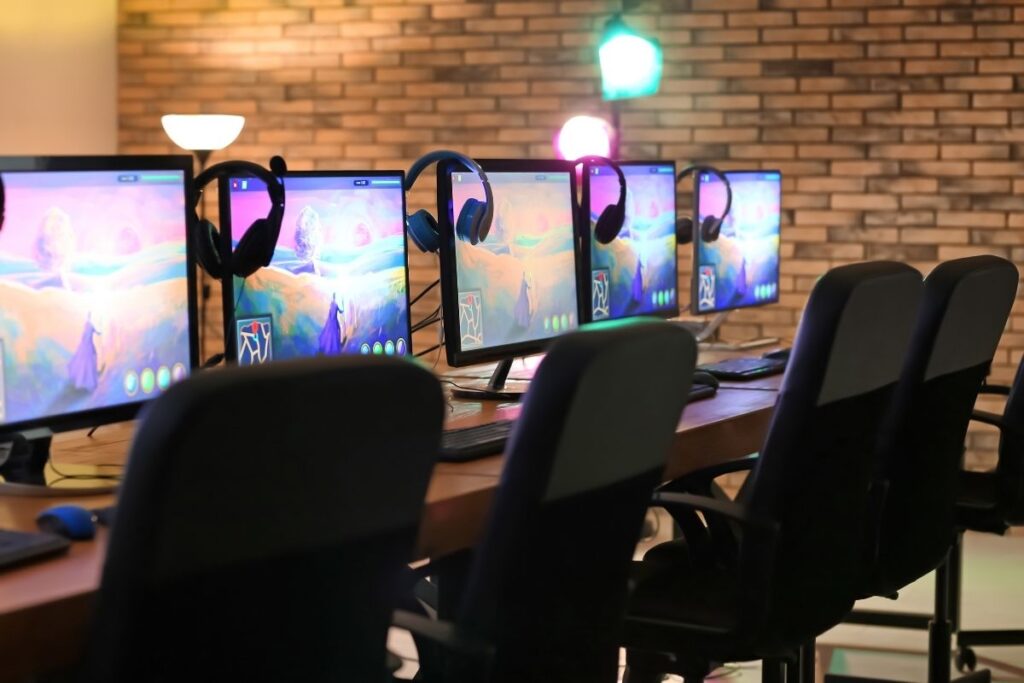Due to the passion and excitement that comes with sports, it has been inevitable that the purview that they have has started to expand in unprecedented ways. In terms of global sports, we are seeing competitions happen between countries far more often and across many different kinds of games, and games that didn’t use to get as much attention in certain countries are becoming more popular. For example, we’re seeing soccer finally making it to America in far more significant ways. At the same time, we’re also seeing baseball be exported to Japan, and China, and a number of other countries. This is fantastic to see happening.
Additionally, we are also seeing this type of import and export colliding against different types of cultural values and expectations, which is triggering important conversations. As an example, the United Arab Emirates is trying to become a cultural hub for the global sports world. They want to host sports mega events. They want Qatar, which is not a part of the UAE, but instead a separate emirate, to host the World Cup or the Olympics, and they’re putting in bids for these types of events.
We also have issues like the case of Abu Dhabi hosting a Formula 1 race. One of the teams that competes in Formula 1 is Martini Racing, but in Abu Dhabi, the consumption of alcoholic beverages is not allowed for the native population. But, at the same time, Abu Dhabi is trying to support the influx of tourism from all of these western communities. As you can see, this is a case of traditional values colliding with the western attitude of partying. The question is, how can these identities be reconciled?
In Abu Dhabi’s case, these are questions that the country has to ask itself, and it’s important to allow westerners to get some insights into these values that they may not be privy to at home. If approached the right way, sports have the power to build really powerful bridges between communities, and potentially even to help resolve international conflicts.
One great example of this is an amazing organization that uses ultimate frisbee to get kids from Palestinian backgrounds and Israeli backgrounds to communicate with each other. Using ultimate frisbee is unique because it’s one of the few, if not the only sport that by nature is democratically regulated. There are procedures for what occurs if one person thinks they’ve been fouled but the other person doesn’t agree. There are no referees on the sidelines declaring who’s right and wrong, it instead has to be the product of discussion among the players.
Forcing these children, who have these preconceived notions about what their opponents or teammates are going to be like, to engage in these types of constructive dialogues to find resolutions can be very beneficial. It can help them translate those skills into their homes, and into their overall perspectives when they operate in society away from the playing field.
You can learn all about the positive effects sports can have on the world, as well as many other concepts concerning sports management and more, with online sports management education. It serves as the simplest, most convenient way to get the quality sports management education you’re after.




